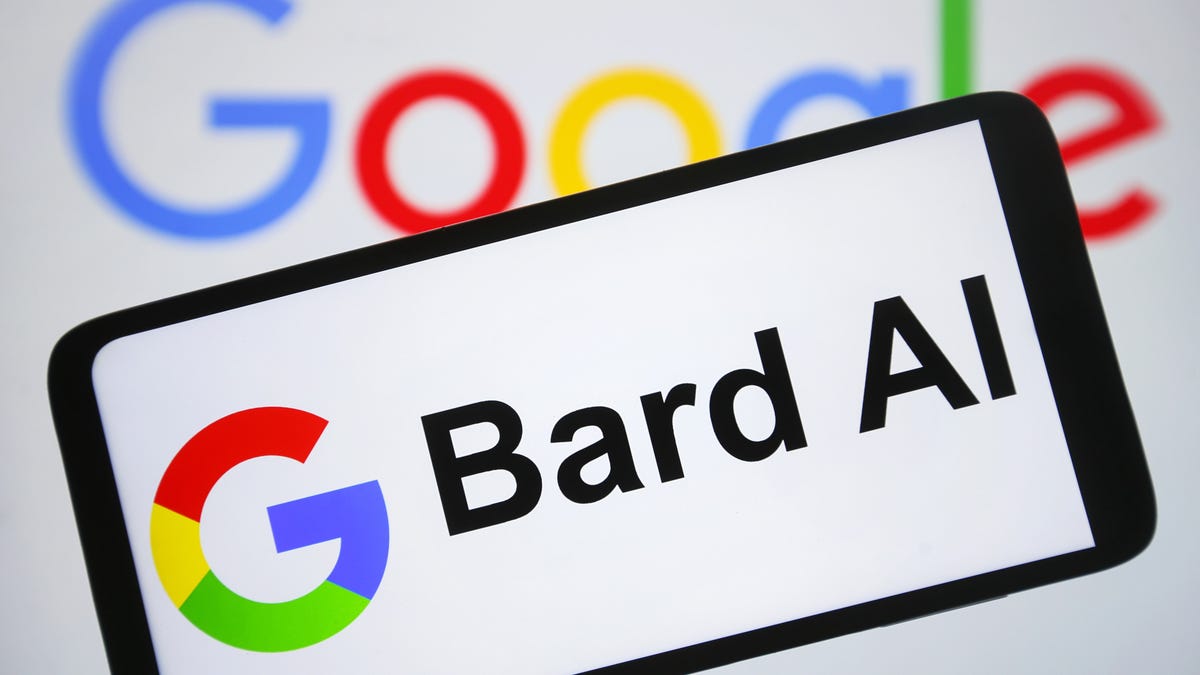Google Bard, the search giant’s generative artificial intelligence engine that competes with OpenAI’s ChatGPT and Microsoft’s Bing AI, has integrated images into queries, the company said in a blog post on Tuesday.
Now when you ask Bard questions, it’ll pull up images found online to help you get a better understanding through visuals. These are images that already exist online and are not AI-generated images, like those made by Dall-E 2, Midjourney, Adobe Firefly and Bing AI. But Google is working on bringing image generation into Bard.
“We’ll also integrate Adobe Firefly into Bard so you can easily and quickly turn your own creative ideas into high-quality images,” a Google spokesperson said in a statement.
In Bard, you can also ask for images directly. In addition, Bard will show the image source. This can be handy when you want to look up must-see sights in, say, New Orleans or you’re planning a road trip and want to visit some scenic destinations. In the coming weeks, you’ll also be able to use Google Lens to prompt Bard with related images.
Ever since the launch late last year of ChatGPT, an AI chatbot that could pretty much answer any question with a novel response, Google has been upping its AI game. Earlier this year, it introduced Bard, just as Microsoft announced ChatGPT integration into Bing Search.
Earlier this month at Google I/O, its annual developer conference, Google focused a significant chunk of the keynote on AI, with presenters saying the term more than 140 times during the two-hour presentation. Along with hardware announcements like the Pixel Fold phone, Google opened up Bard to the public and showed off an experimental version of search with integrated AI.
If Google does fully integrate AI into search, it’ll change the experience of finding information online for billions of people, but it might also require a rethinking of the larger ad-driven internet economy. After Google I/O, the company saw its stock jump 4.1% suggesting investor confidence.
Editors’ note: CNET is using an AI engine to create some personal finance explainers that are edited and fact-checked by our editors. For more, see this post.
